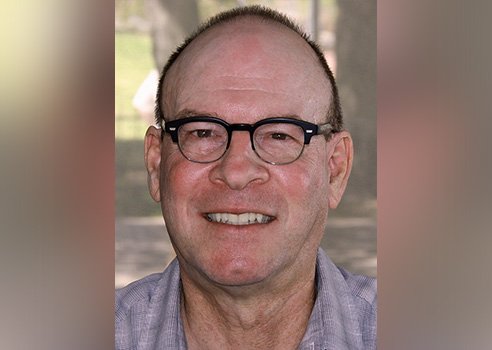Word count: 481 words
Reading time: Less than 2 minutes
This is my weekly installment of “writing about writing,” in which I scan the world to find websites, books and articles to help writers. Today I discuss an article written by journalist Roy Peter Clark.
I’ve long admired the writing of Roy Peter Clark. A writing teacher at and vice-president for the Poynter Institute, Clark has a common-sense approach to writing that makes it seem, well, simple and eminently do-able. For years, I carried around a binder full of his Writing Tools column. (This eventually became his excellent book, Writing Tools: 50 Essential Strategies for Every Writer.)
I most recently encountered his writing in the Opinionator column in the New York Times. His topic? Short sentences. In a story headlined, The Short Sentences As Gospel Truth, Clark presents a compelling and cogent argument for writing short sentences. I particularly enjoyed his analysis of the end of the novel Libra by Don DeLillo. Here is what he says, quoting extensively from the novel:
…[the author] describes the burial of John F. Kennedy’s assassin Lee Harvey Oswald. You will notice that all the sentences are relatively short, allowing the emotional tension to build. The woman in question is Oswald’s mother:
Marguerite felt a weakness in her legs. The wind made the canopy snap. She felt hollow in her body and heart. But even as they led her from the grave she heard the name Lee Harvey Oswald spoken by two boys standing fifty feet away, here to grab some clods of souvenir earth. Lee Harvey Oswald. Saying it like a secret they’d keep forever. She saw the first dusty car drive off, just silhouetted heads in windows. She walked with the policemen up to the second car, where the funeral director stood under a black umbrella, holding open the door. Lee Harvey Oswald. No matter what happened, how hard they schemed against her, this was the one thing they could not take away — the truth and lasting power of his name. It belonged to her now, and to history.
Consider the variety of lengths in this excerpt: 7, 6, 8, 32, 3, 8, 13, 23, 3, 28, 8. The two shortest verbless sentences of three words (Lee Harvey Oswald) appear immediately after two of the longer sentences. That change of pace, that abruptness, that slamming on of brakes, carries significant meaning as does that final truth bearing/baring sentence: “It belonged to her now, and to history.”
Look at the way in which counts the number of words in each sentence! While counting is a grade school job, Clark shows his mettle by being willing to do it. I also appreciate the plethora of fine writers he’s quoted in this article: journalist and novelist Tom Wolfe, critic Greil Marcus, George Orwell and Anthony Burgess. Clark can not only write, he also possesses a scholar’s understanding of the need to back himself up.


